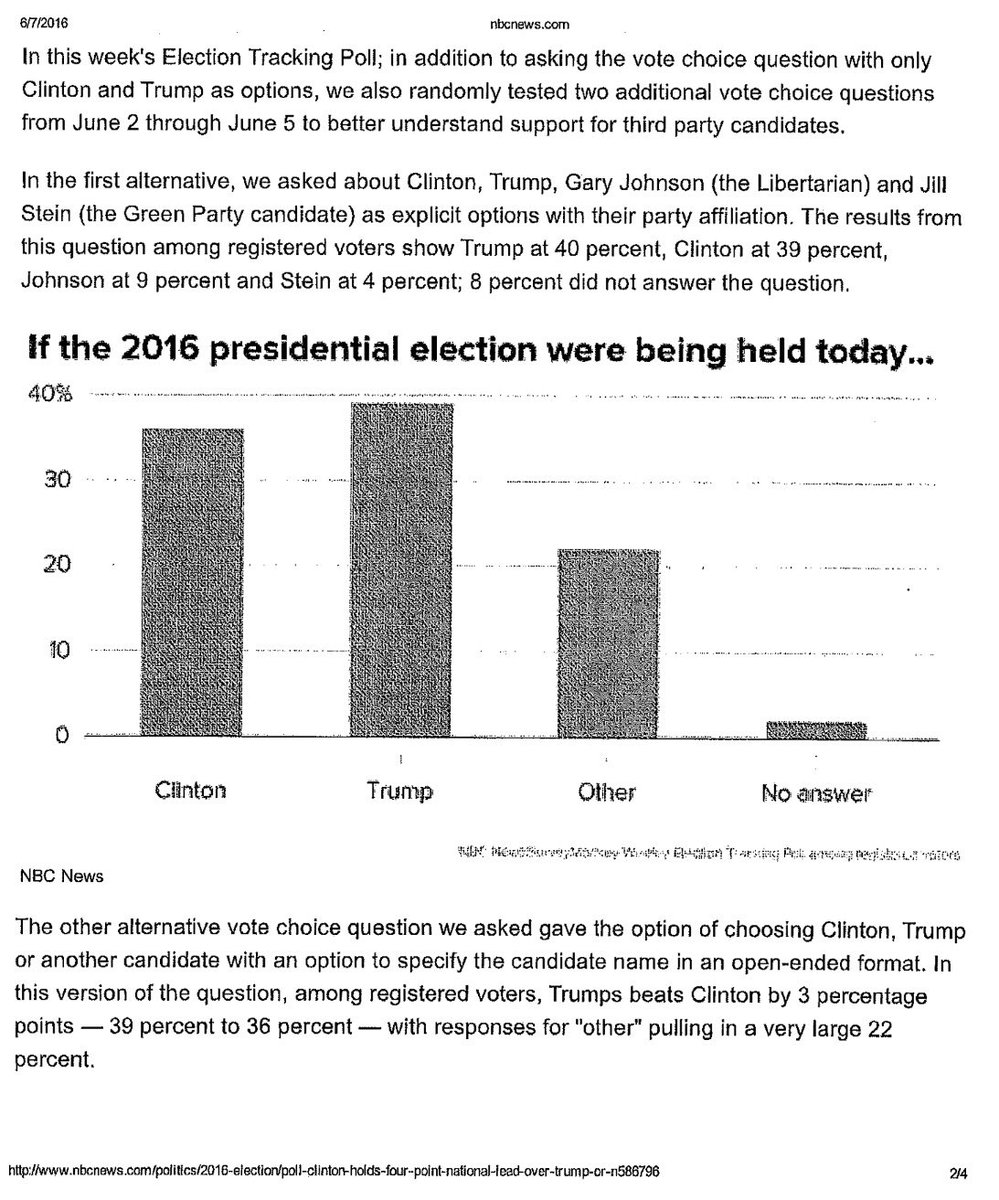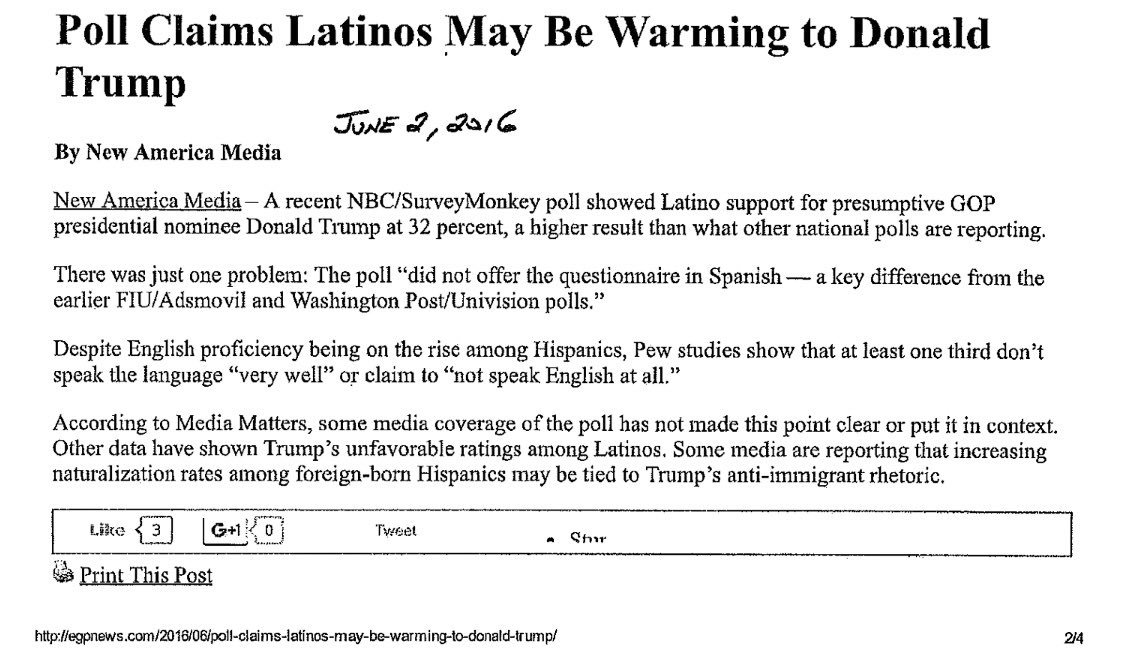[h=2]Production and origins[/h] After the success of
Platoon (1986), Stone wanted film school friend and
Los Angeles screenwriter
Stanley Weiser to research and write a screenplay about
quiz show scandals in the 1950s.[SUP]
[1][/SUP] During a story conference, Stone suggested making a film about Wall Street instead. The director pitched the premise of two investment partners getting involved in questionable financial dealings, using each other, and they are tailed by a prosecutor as in
Crime and Punishment.[SUP]
[1][/SUP] The director had been thinking about this kind of a movie as early as 1981[SUP]
[2][/SUP] and was inspired by his father, Lou Stone, a broker during the
Great Depression at
Hayden Stone.[SUP]
[3][/SUP]
The filmmaker knew a New York businessman who was making millions and working long days putting together deals all over the world. This man started making mistakes that cost him everything. Stone remembers that the "story frames what happens in my movie, which is basically a
Pilgrim’s Progress of a boy who is seduced and corrupted by the allure of easy money. And in the third act, he sets out to redeem himself".[SUP]
[2][/SUP] Stone asked Weiser to read
Crime and Punishment, but Weiser found that its story did not mix well with their own. Stone then asked Weiser to read
The Great Gatsby for material that they could use, but it was not the right fit either.[SUP]
[1][/SUP] Weiser had no prior knowledge of the financial world and immersed himself in researching the world of stock trading,
junk bonds, and corporate takeovers. He and Stone spent three weeks visiting
brokerage houses and interviewing investors.[SUP]
[1][/SUP]
[h=3]Screenplay[/h] Weiser wrote the first draft, initially called
Greed, with Stone writing another draft. Originally, the lead character was a young Jewish broker named Freddie Goldsmith, but Stone changed it to Bud Fox to avoid the stereotype that Wall Street was controlled by Jews.[SUP]
[2][/SUP] Reportedly, Gordon Gekko is said to be a composite of several people: Wall Street broker Owen Morrisey, an old friend of Stone's[SUP]
[4][/SUP] who was involved in a $20 million insider trading scandal in 1985,
Dennis Levine,
Ivan Boesky,[SUP]
[5][/SUP] corporate raider
Carl Icahn,
art collector Asher Edelman, agent
Michael Ovitz, and Stone himself.[SUP]
[1][/SUP] For example, the famous "Greed is good" line was based on a speech by Boesky where he said, "Greed is right".[SUP]
[6][/SUP]
According to
Edward R. Pressman, producer of the film, "Originally, there was no one individual who Gekko was modeled on", he adds, "But Gekko was partly
Milken". Also, Pressman has said that the character of Sir Larry Wildman was "modeled on
Jimmy Goldsmith", the famous Anglo-French billionaire and corporate-raider.[SUP]
[7][/SUP]
According to Weiser, Gekko's style of speaking was inspired by Stone. "When I was writing some of the dialogue I would listen to Oliver on the phone and sometimes he talks very rapid-fire, the way Gordon Gekko does".[SUP]
[2][/SUP] Stone cites as influences on his approach to business, the novels of
Upton Sinclair,
Sinclair Lewis and
Victor Hugo, and the films of
Paddy Chayefsky because they were able to make a complicated subject clear to the audience.[SUP]
[8][/SUP] Stone set the film in 1985 because insider trading scandals culminated in 1985 and 1986.[SUP]
[8][/SUP] This led to anachronisms in the script, including a reference to the
Space Shuttle Challenger disaster, which had not yet occurred.
https://en.wikipedia.org/wiki/Wall_Street_(1987_film)














